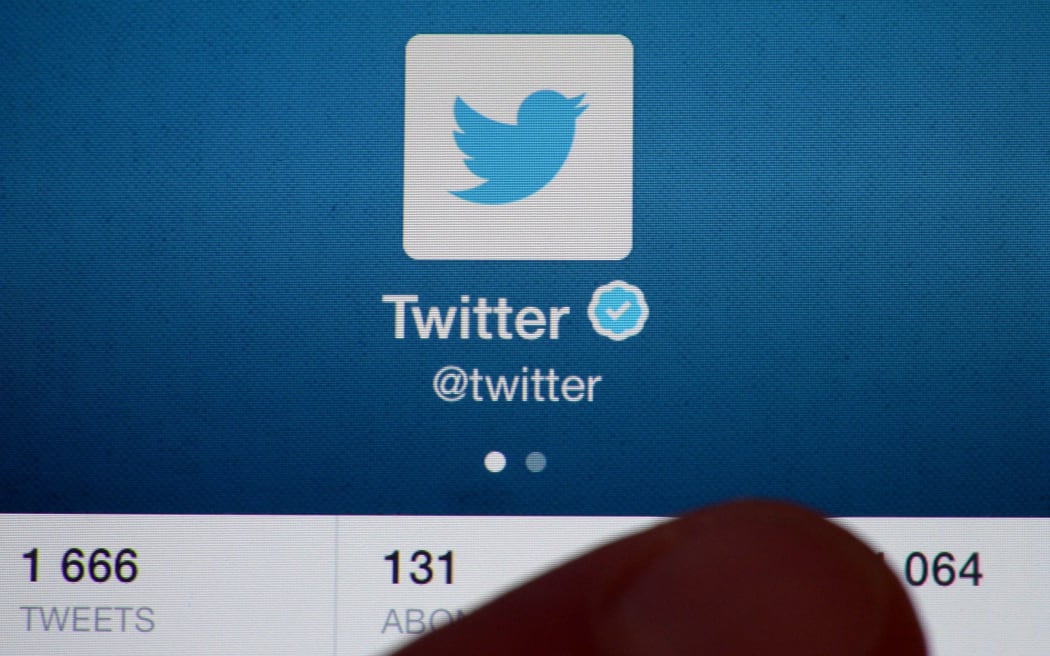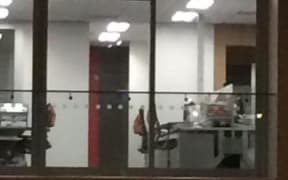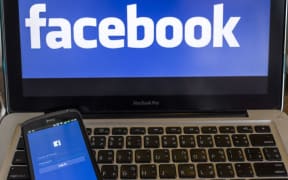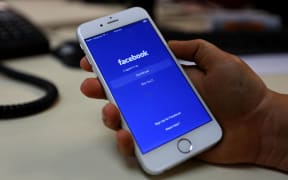Public humiliation has been with us for centuries: the scarlet letter, the stockades... but social media is taking shaming to a whole new level, according to journalist and author Jon Ronson.

Photo: AFP
His latest book, So You've Been Publically Shamed , investigates the cases of ordinary people whose lives were changed forever by foolish posts on the internet that resulted in a tsunami of criticism on social media sites.
"We started getting too trigger happy," he said of the online community. "A day without a shaming felt like a wasted day."
Ronson's journey into internet shaming began with his experience with online rage.
In 2012 a group of academics created a bot on Twitter using Ronson's name and sent out bizarre tweets. He confronted the men and waged his own shaming war on YouTube until the account was taken down.
"I felt like Braveheart" said Ronson. "But I realised my joy was at the expense of these academics, who for all I knew were shattered because of what we had done to them."
That got him thinking about the people who had no public profile but found themselves in the eye of an internet storm.
Justine Sacco had posted fairly innocuous tweets about the food in England and the odour of a man in first class as she traveled from her home in New York to South Africa on holiday to see family.
Before the final leg of her trip, she tweeted: "Going to Africa. Hope I don't get AIDS. Just kidding. I'm white!"
It wasn't till she touched down in Cape Town that she became aware of the huge, and angry response, to her tweet.
"Hundreds of thousands of people were united in thinking this woman was a racist monster and while she slept she was destroyed" said Ronson. "Everyone was thrilled with the idea that she was unaware that she was being destroyed. This is us doing this. It's like 100,000 people waiting in the shadows to say boo."
Sacco lost her job. She told Ronson the tweet was meant to be a critique of white privilege.
Ronson said his book was a call for people to be kinder to each other online.
"We know we are all a mixture of talents and flaws... we are punishing people with a punishment we are most terrified would happen to us. I'd like to think when people think about this they will stop doing this."
Noelle McCarthy talks to Jon Ronson on Afternoons today (Monday, March 16).





